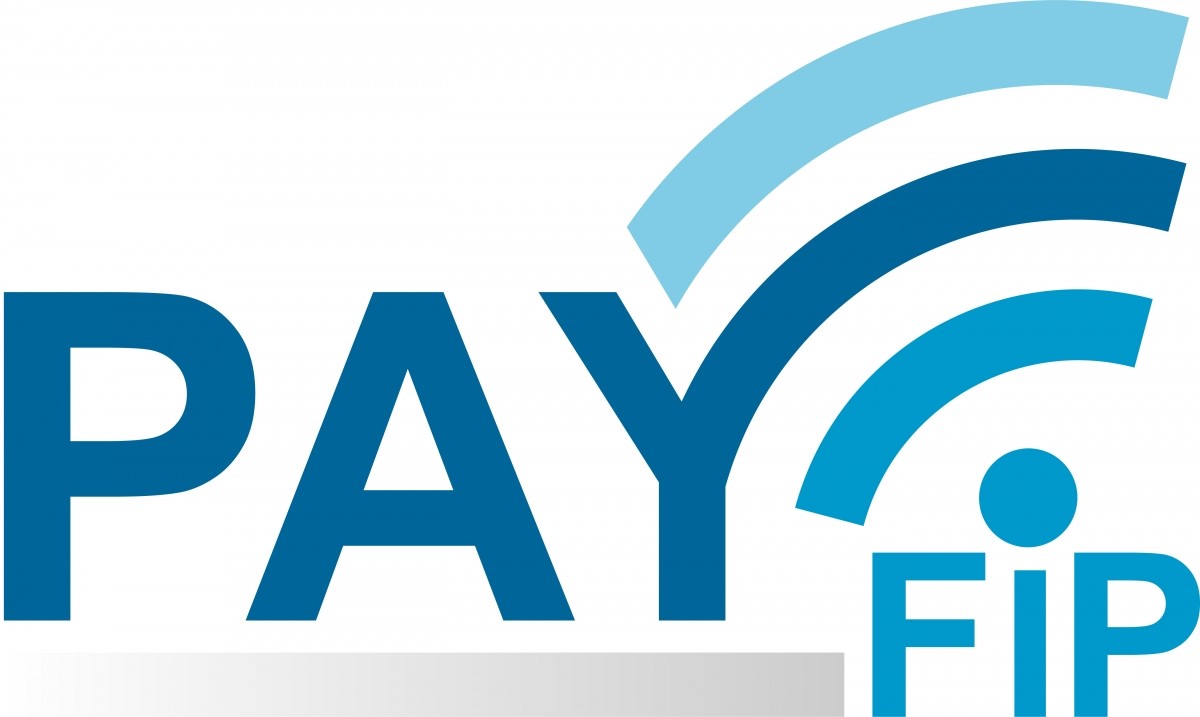DGFiP Expands Direct Debit-Based Payment Option

The French Directorate General for Public Finance (DGFiP) introduces PayFiP for public entities. This solution lets its users settle bills issued by public bodies (hospitals, state, local entities, etc.) via direct debit or card payment.
This direct-debit-based payment service will be added to the existing card-based payment option implemented by the DGFiP. The solution called TiPI (“Titre Payable par Internet”) has already been adopted by several public entities and banking institutions.
Upon receiving bills from public organisations, individual customers may then choose to pay online via direct debit. They are then directed to the DGFiP-managed PayFiP payment server. They will not need to key in their bank details as this information has been stored beforehand.
PayFiP has been made available to public entities mid-October: its deployment would now depend on these organisations. By way of reminder, all public bodies in France are required to propose an e‑payment service to their customers by 2022.
Comments – Another step towards modernising payments
This launch is in line with the 2019-2024 national plan to foster ongoing efforts for modernising means of payment in France and boosting digital options, especially SEPA-based payment instruments.
In this context, rules applied to payments sent and received by administrative organisations have been implemented to promote innovation and increase individual customers’ awareness. This endeavour includes a study to assess “Request to Pay” solutions' adoption levels. In this case, the payee sends a message to the debtor: this message specifies all required information for the payer to send a payment order, for instance, a credit transfer. The idea is also to talk public entities’ into making room for digital means of payment, including instant credit transfer options.
This focus on rolling out PayFiP might contribute to building new dynamics, with help from State authorities, to boost digital payment services. And, public organisations may enhance their range of customers-facing services, too.
